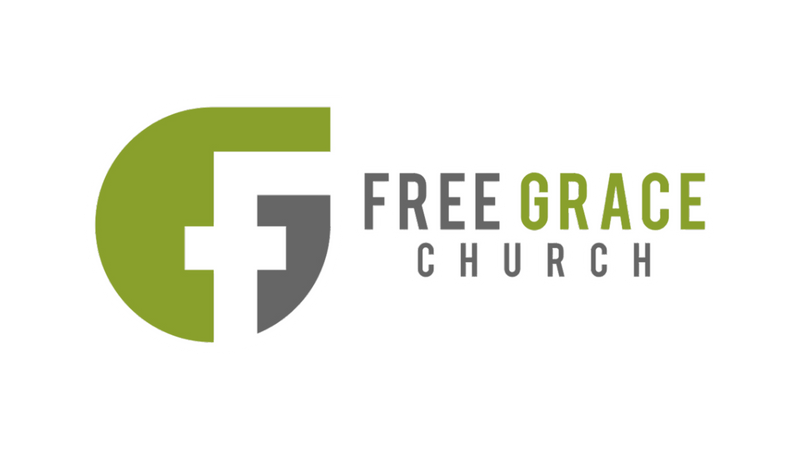Jesus, Friend of Sinners
/I was recently invited to give a devotional at a pastor's meeting where we discussing outreach and the importance of loving our neighbors. The general text of my talk is below:
Luke 5:27-32
27 After this he went out and saw a tax collector named Levi, sitting at the tax booth. And he said to him, “Follow me.” 28 And leaving everything, he rose and followed him.
29 And Levi made him a great feast in his house, and there was a large company of tax collectors and others reclining at table with them. 30 And the Pharisees and their scribes grumbled at his disciples, saying, “Why do you eat and drink with tax collectors and sinners?” 31 And Jesus answered them, “Those who are well have no need of a physician, but those who are sick. 32 I have not come to call the righteous but sinners to repentance.” (ESV Bible Translation)
In this passage, we see that Jesus has rescued Levi… one of the worst kinds of men, he was a tax collector. He was most likely a Jewish man, probably from the tribe of the priests. He should have been receiving tithes to fund worship in the house of God, instead he is a traitor… taking taxes to give to the Romans. And most tax collectors also committed extortion.
But Levi has come to follow Jesus. And he will become one of the most of the most influential men in the history of the church. He is the apostle Matthew. We still read his gospel. This is what Jesus Christ does, he takes the people that we look down on, people that are hopelessly corrupt and despised… and He saves them and gives them a great calling. He makes them sons and servants of God. This should give us hope. God might even use someone like you!
After Levi comes to follow Jesus, he is so overjoyed with his new relationship with Christ that he throws a party. He wants all of his friends to meet this Rabbi that is different than any other rabbi… Let me say this, the only way the people in our churches will ever do anything like this, is if they are so amazed and thrilled with Jesus Christ that he is their treasure.
So, Jesus is eating and drinking with tax collectors, and “Sinners." And the Pharisees protest, they ask the question in v. 30, “Why are you doing this?” Jesus is so close, and so friendly, with these awful people, there can only be one reason. He must be supporting them in their sin.
Jesus answers with his own mission statement in v. 32. He is like a doctor that came to help the sick. He didn’t come to help healthy people, but the lost and broken.
I would like to suggest that the Pharisees don’t really have a problem with WHAT Jesus is doing. The idea of telling these dirty sinners that they need to repent is probably OK with them. If he stood on the street and yelled at them, they would probably stand and cheer. No, Their problem is with HOW he is doing it. How is Jesus calling them to repentance? By eating and drinking with them. He has become friends with them, and through friendship calling them back to fellowship with God. His actions are a living parable of the message of the gospel. God makes his enemies to become his friends.
This doesn’t fit very nicely into our box does it! In many places in the church people live at the far ends of the spectrum.
Some embrace the lost and “sinners” by becoming friends with them. They want to love and support them, but they don’t offer them any medicine. In fact, they think that if you suggest that people are spiritually “sick”, then you must be judgmental.
On the other end there are Christians that want to call people to repentance, but they do it from a safe distance. They want to do it the way we are fighting terrorists, with drones. They do it by tract bombing, or doing “outreach” twice a year. They want to do it from a place of moral superiority. They are concerned that getting too close to lost people might get them dirty or damage their reputation. Though I have probably been guilty of both extremes, I think this second one is far more common among serious christians.
But Jesus does something different, he is able to receive and love people without endorsing or participating in their vices and sins. And he is able to call them to repentance, without alienating them or withdrawing from their company.
Brothers and sisters, this is our great salvation and our great example. And we will never be able to do this if we think we are the healthy and righteous ones. We will only be able to do this when we see that we are the sinners he came to call. When we see ourselves like Levi, completely beyond hope. But thrilled that we have a place at the table- that we have been loved and received by Grace.
I previously published this message at my blog at MattTroupe.net
Photo used courtesy of the University of Washington.












